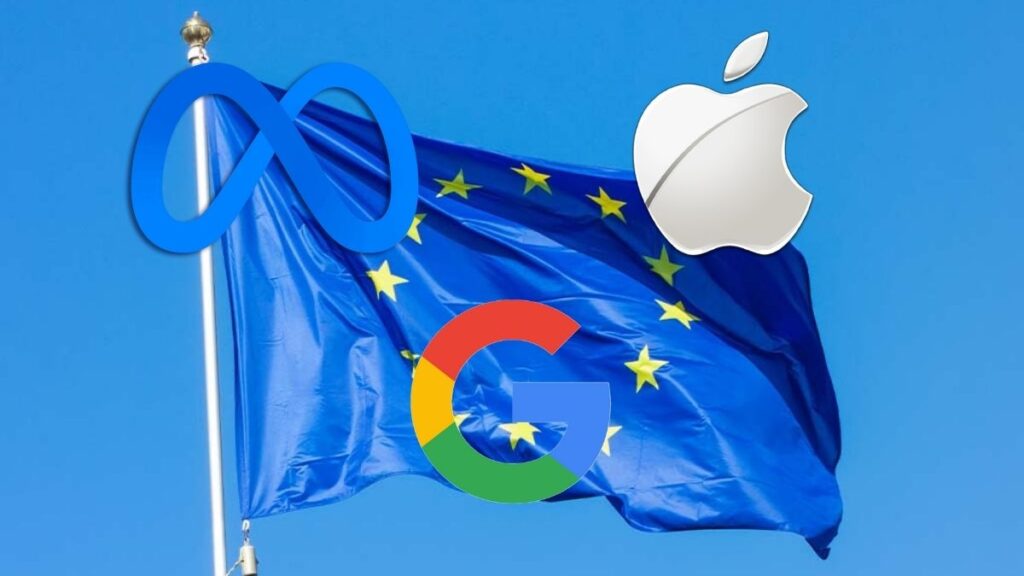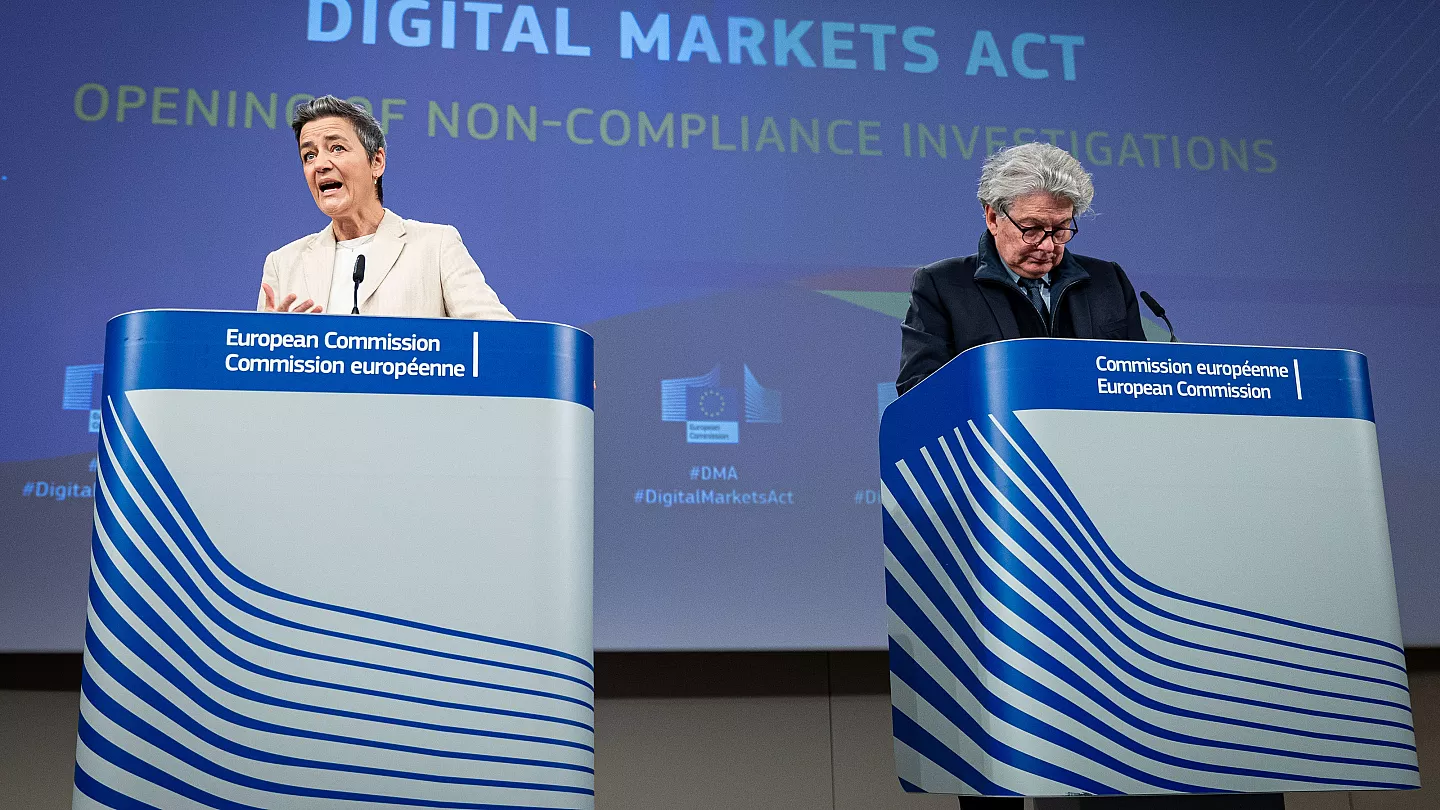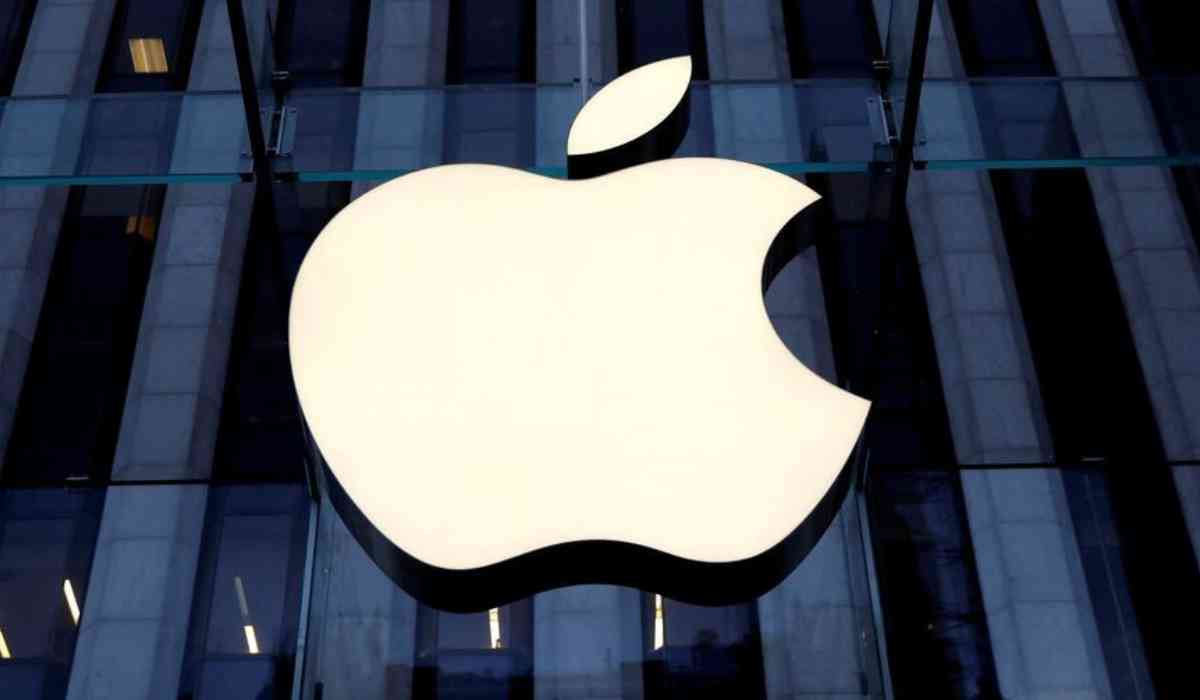Apple Hits Pause on AI in Europe
Apple recently announced a delay in the rollout of its flagship AI offering in the European Union (EU), citing regulatory uncertainties. Alongside Apple Intelligence, new iOS features like Phone Mirroring and SharePlay screen-sharing enhancements will also not be available to EU users this year. The reason behind this deferment is the EU’s competition legislation known as the Digital Markets Act (DMA), which has been in effect since 2022. Although the DMA aims to curb the dominance of big tech companies, Apple argues that the law's interoperability requirements “could force us to compromise the integrity of our products in ways that risk user privacy and data security.”
In a statement, Apple emphasized its commitment to collaborating with the European Commission to find a solution that would allow the company to deliver these features without compromising user safety. This development has sparked a debate about the DMA’s requirements and their broader implications for the tech industry.

The DMA's Impact on Apple's AI and Other Features
The DMA classifies major tech companies like Apple, Alphabet, Meta, Amazon, and Microsoft as 'gatekeepers' that must adhere to specific rules. These rules include allowing users to install third-party apps or app stores, uninstall pre-installed apps, change default settings, and opt out of targeted advertising. The interoperability rule, in particular, requires gatekeepers to ensure that their messaging services are interoperable with those offered by smaller developers. This means Apple would need to make basic functionalities of its iMessage app interoperable with other messaging services, with more complex features to follow over time.

Apple's concern is that smaller developers could request interoperability and gain insight into its AI system, potentially compromising its integrity. Another contentious point could be the integration of OpenAI’s ChatGPT with Apple devices, as the DMA requires users to have the option to opt out of interoperability.
Apple is not alone in this predicament. Meta also delayed launching its AI chatbot in the EU due to regulatory scrutiny over its policy of using public posts from Instagram and Facebook to train its AI model. Similarly, Google’s Gemini faced hurdles when the EU’s Data Protection Commission (DPC) demanded more information on how the generative AI model would impact user privacy.

EU's Response and Broader Implications
EU Competition Commissioner Margrethe Vestager responded to Apple’s decision by emphasizing the need for competition in Europe. She pointed out that Apple’s stance revealed an underlying intention to avoid enabling competition where it already holds a strong market position. “I find it very interesting that they say we will now deploy AI where we’re not obliged to enable competition. I think that is the most stunning, open declaration that they know 100% that this is another way of disabling competition, where they have a stronghold already,” Vestager remarked at the Forum Europa event.
This is not the first clash between Apple and EU regulators. The European Commission recently held that Apple violated the DMA by charging app developers a fee for steering customers toward subscription channels outside the Apple App Store. Apple has 12 months to comply with the DMA or face fines amounting to 10% of its annual global turnover.

Apple is the first big tech company to be found in violation of the DMA, but similar investigations are ongoing against Google and Facebook parent Meta. The DMA's interoperability rule has also faced criticism from digital rights groups like the Electronic Frontier Foundation (EFF), which argue that it could weaken end-to-end encryption in messaging services. “Many security experts agree that requiring interoperability without unacceptable tradeoffs in security or privacy is a very high hurdle, one that might turn out to be insurmountable,” EFF noted in a blog post in May 2022.
Future of Tech Regulation and Innovation
The DMA represents a significant shift in how the EU regulates big tech companies, aiming to create a more competitive and fair digital market. However, the legislation's stringent requirements, particularly around interoperability, pose challenges for companies like Apple that prioritize user privacy and security. As Apple navigates these regulatory waters, its approach and the EU’s response will likely set precedents for other tech giants facing similar regulatory landscapes.
Ultimately, the DMA’s impact on innovation and competition in the tech industry remains to be seen. While the legislation seeks to curb the dominance of major players and foster a more open market, it must balance these goals with the need to protect user privacy and data security. As Apple and other tech companies continue to engage with EU regulators, the outcomes will shape the future of digital markets and technological advancements in the region.
Inputs by agencies
Image Source: Multiple Sources
Ⓒ Copyright 2024. All Rights Reserved Powered by Vygr Media.






















